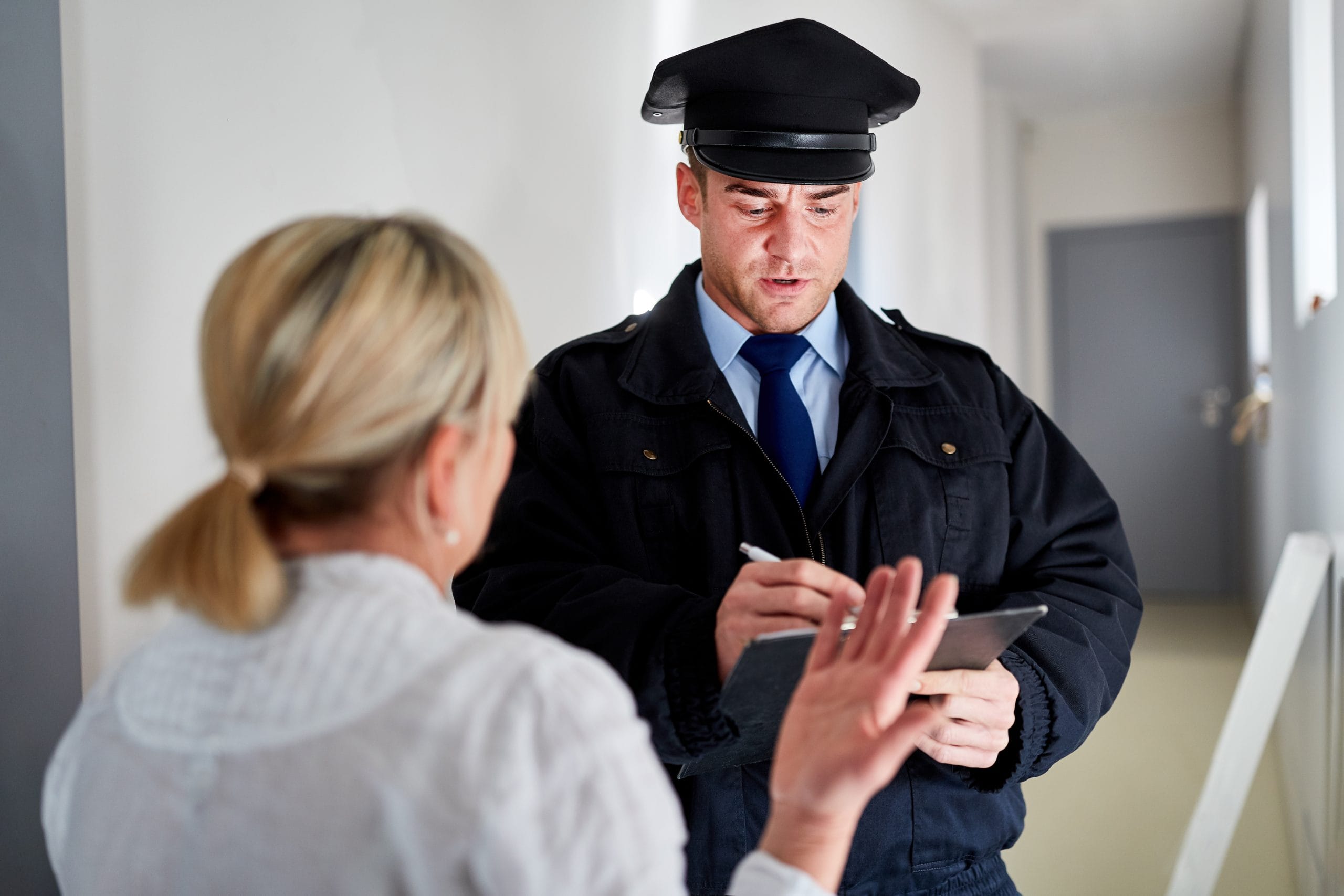“I JUST FOUND OUT I HAVE A WARRANT!”
There are instances when a person finds out they have a warrant ahead of time. It could be a courtesy call from a detective or a probation officer. It could be a letter from the city on a traffic ticket warrant. In this situation the number one goal is, if at all possible, to prevent the the person from going into custody on the warrant and falling into the black hole of the book-in/bonding/book-out process.
Of course, if it is a traffic warrant, you can just go pay the fine and it will go away or, if it is a case where the person has never entered a plea (failure to appear), a lawyer can sign a surety bond at the city courthouse and get it put on the court’s docket.
Warrant for a Class B Misdemeanor or Worse?
The easiest way to avoid getting a days-long, full tour of the inside of a jail is to call an attorney and a bondsman and arrange a “walk-thru.” This requires some cooperation from the jail and possibly the detective on the case, but a lawyer, and sometimes a bondsman, can get in touch with the people needed to smooth the process out.
A “walk-thru” is a procedure whereby the person goes to the jail with their driver’s license and “books in” without actually going into custody. What I will ordinarily do is get a bondsman to meet my client (or meet my client and me) at the jail bonding desk and then the bondsman completes the procedure. They know how to do this. A good bondsman is an asset in a walk-thru.
One can do a walk thru and post a cash bond as well, I suppose, but I have never seen anyone do it. There are things that could go wrong in a walk-thru and what happens if something goes wrong is that the person falls into the black hole. Remember that a client doing a walk-thru voluntarily enters the jail with an active warrant. A bondsman can identify the signs if something is going wrong. Running the traps ahead of time is something that both an attorney and a bondsman should do.
What Can Go Wrong?
There are lots of little things that could go wrong. This is the government, after all.
Probably the number one bad thing that can happen in a walk-thru is the presence of a protective order. This only happens in family violence cases, but it is not uncommon. If the complainant requests a protective order it must be personally served on the arrested by reading and giving them a copy. Under the law, only a magistrate can read the order to the arrested person and both must sign. Needless to say, there are no magistrates in the walk-thru area and your client is there in the belly of the beast with an active warrant. Thus, even though you showed up to do a simple walk-thru, you fall into the dreaded black hole. If you have a warrant for a family violence case, ALWAYS FIND OUT IF THERE IS A PROTECTIVE ORDER!! It can be wired around, but only by an attorney who really knows the ropes.
Conditions of Bond
Another bad outcome pertains to conditions of bond – one condition in particular which we see more and more requires the arrested person to “be released to CSCD.” Community Supervision and Corrections Department (CSCD) is the probation department. They also have a unit that oversees bond conditions such as random UAs, electronic monitoring, special reporting conditions, etc. If this condition exists, and if you are there after the time that CSCD can do this, then it is likely to be black hole city. So in all cases, before you do a walk-thru, ALWAYS FIND OUT IF THERE ARE ANY CONDITIONS OF BOND REQUIRING YOU TO BE RELEASED TO CSCD!! If so, you will want to do the bond early in the morning.
A situation we are running into more and more in Tarrant County is classes of offenses where walk-thrus are no longer allowed. For instance, sex offenses are now “all in custody” offenses. It is imperative to get with a lawyer and a bondsman who knows what he or she is doing to get the timing right to minimize the amount of time in custody. Recently, I had a client who was instructed to go into custody around midnight and he spent just 8 hours in jail, which is really good if you are going to have to do it the right way.
You can find out all of this by asking your attorney or bondsman. Be sure to ask. Oftentimes bondsmen have agents who post their bonds. Make sure everyone is on the same page and knows what is going on. It is helpful in this regard to have an attorney as well. You will certainly need one just as soon as you are on bond and the real case begins.
When someone calls me upon finding out they have a warrant, what I will do nine times out of ten is two things: (1) get a hold of a bondsman and put the family in touch with them, and (2) tell them step-by-step what is going to happen. It really, really helps to know what to expect. In the short run, all the client and his family wants is for him to not be in jail. So, cross that bridge first. Then, by all means worry about what to do with the case. That, after all, really is the more important thing.





